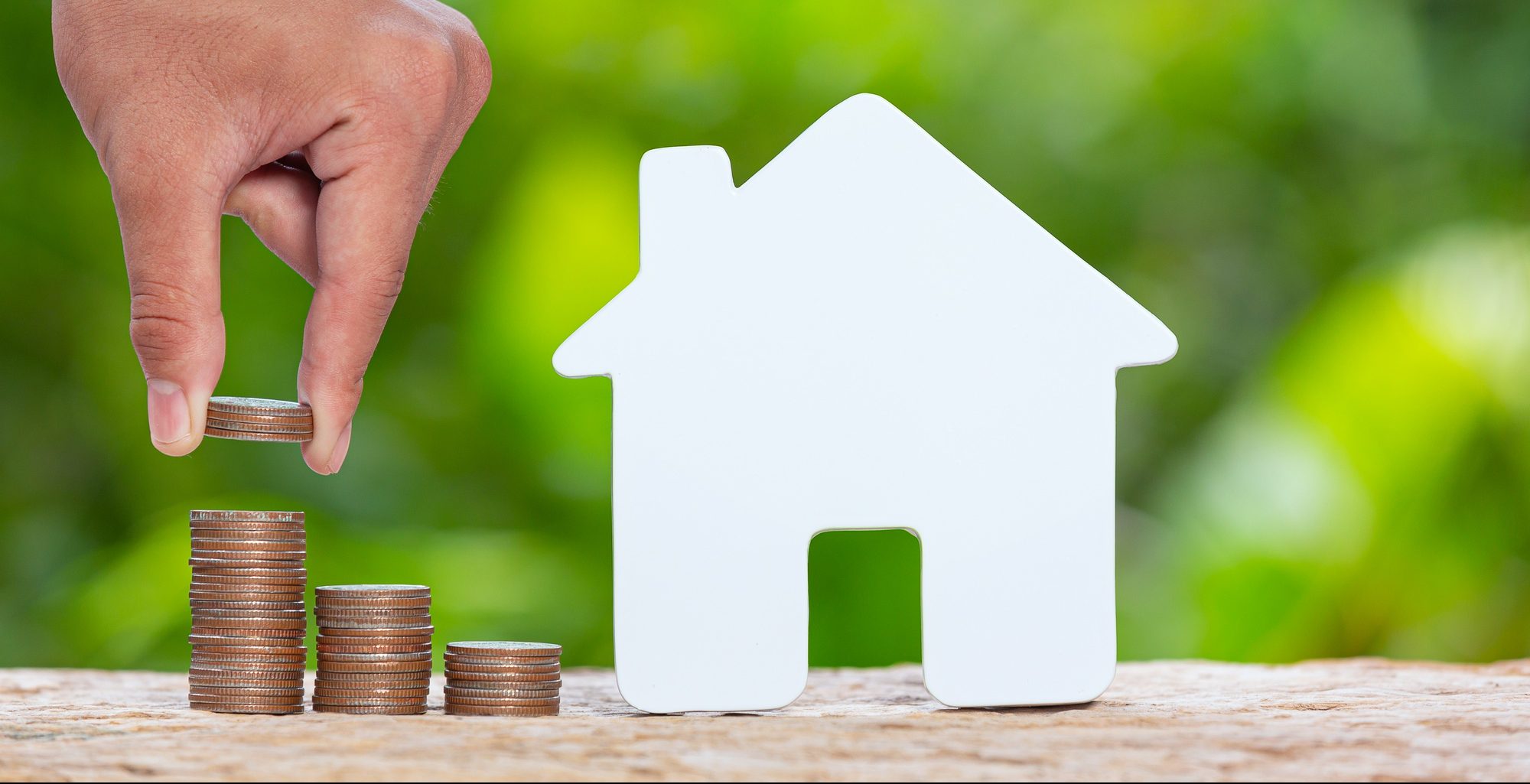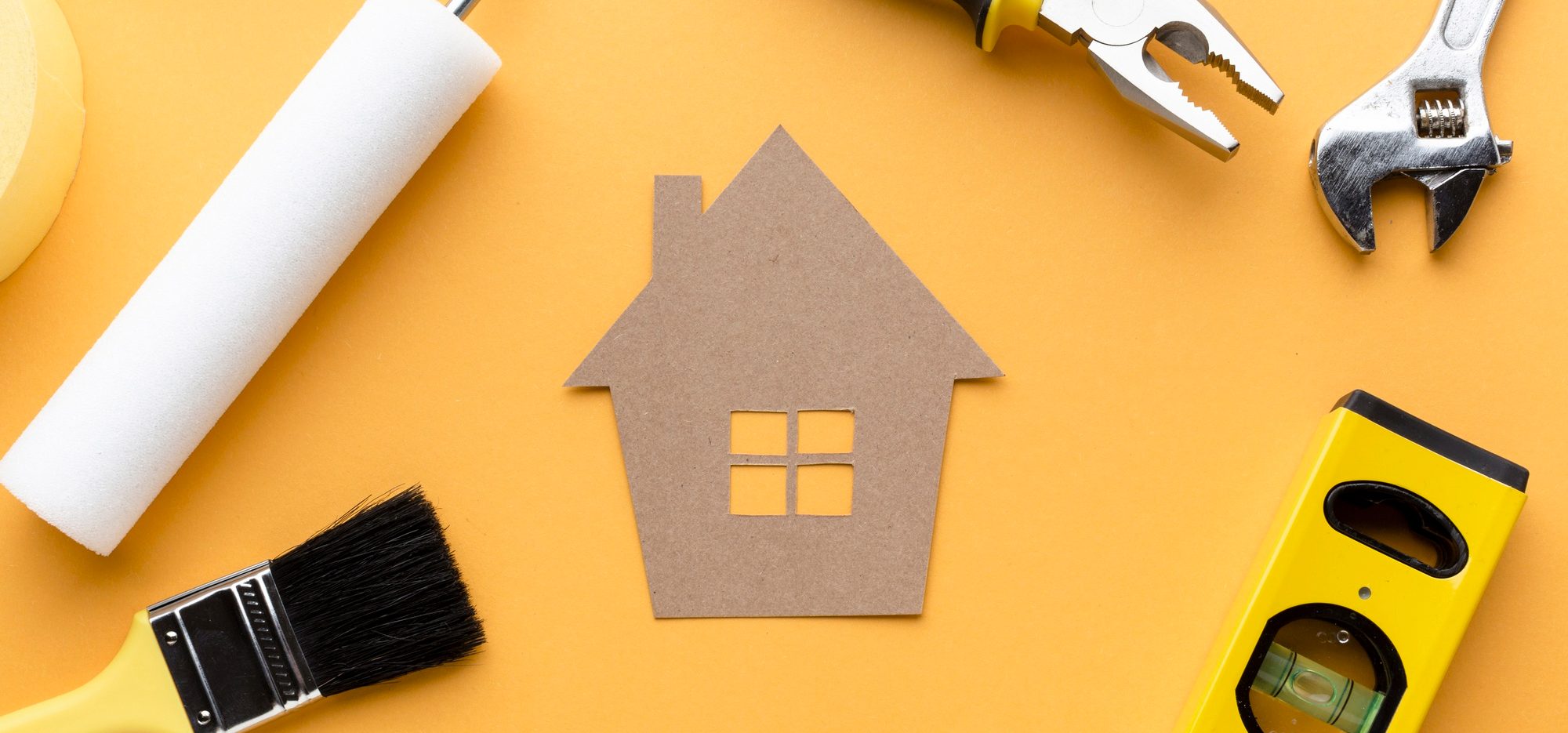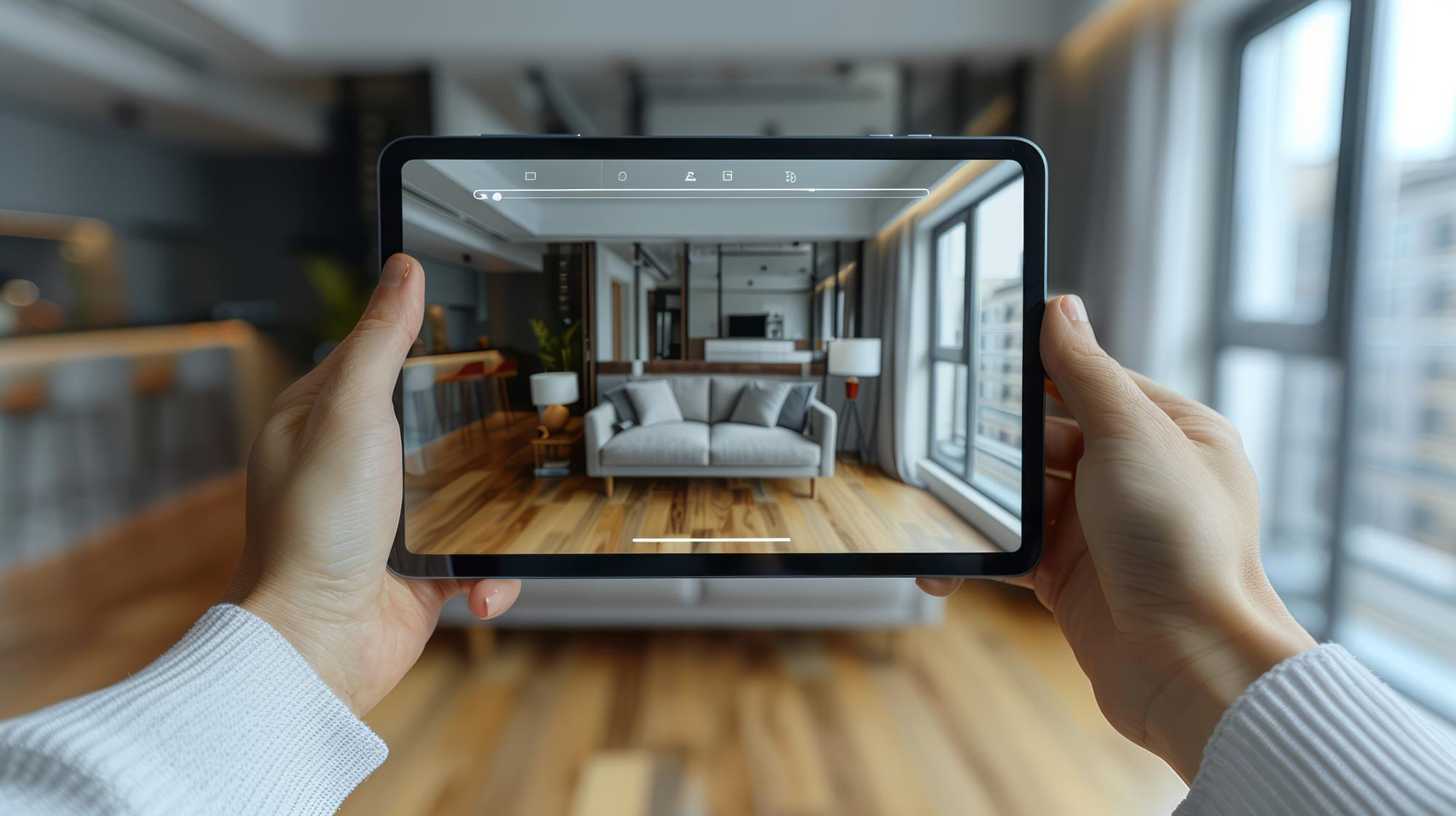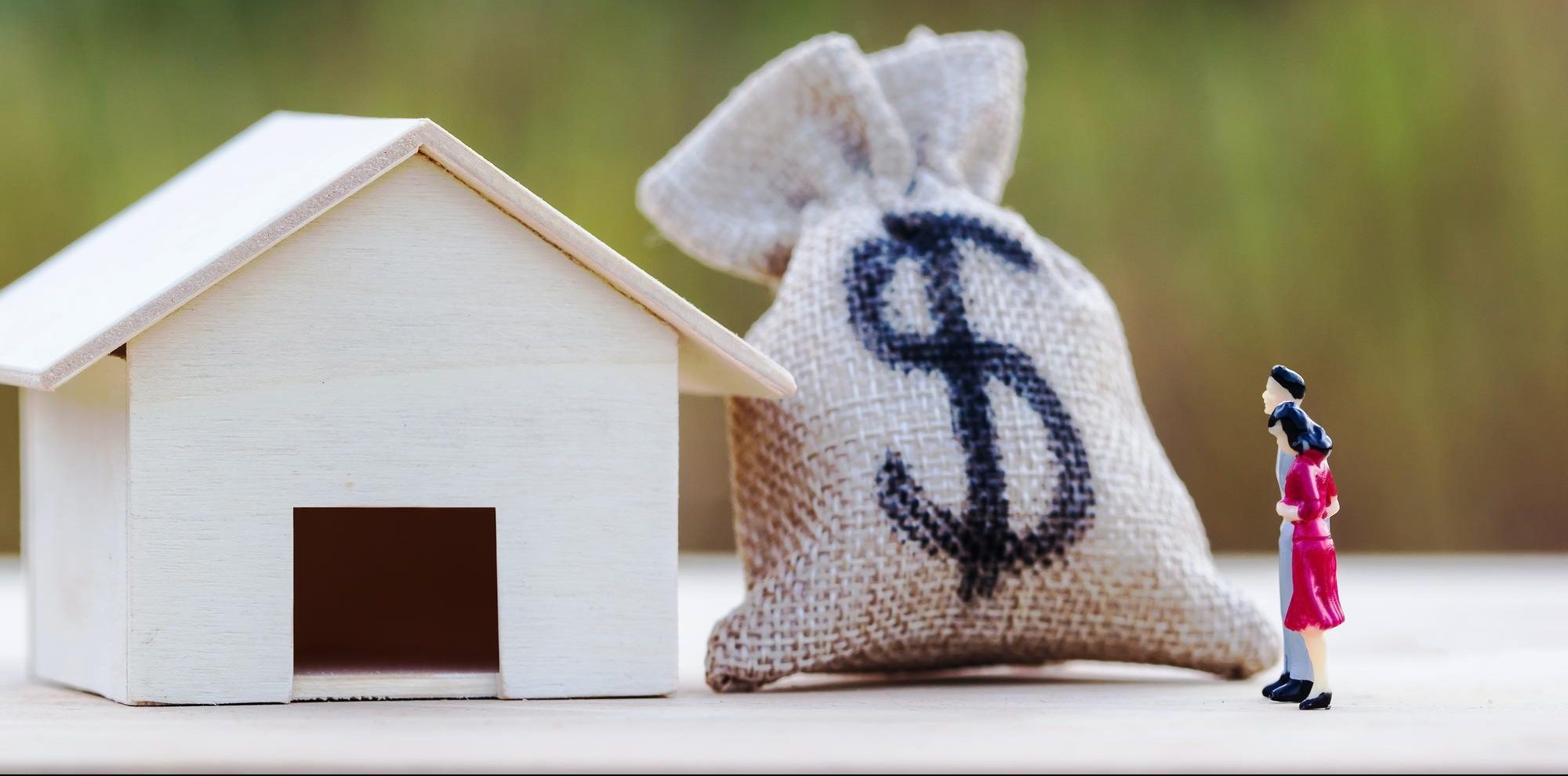Buying a home usually means paying part of the price upfront, which is called a down payment. Most people believe a sizeable down payment is required to acquire a house, but this is not always true.
Some financing options allow you to purchase with less, sometimes as little as 3% or even zero. These lower-down-payment options benefit individuals who lack substantial savings accounts.
They’re frequently utilized by those who have never owned a house or want to stay within their means. They make it simpler to buy a home, but as with everything, there are some trade-offs.
What Is a Low Down Payment Mortgage?
A low-down-payment mortgage is a home loan that allows you to purchase a house with little money upfront, often less than 20% of the cost.
Putting in only 3%, 5%, or zero down payment is possible. They are meant to enable individuals to acquire a house more quickly, particularly if one has little financial savings. Some popular examples include:
- FHA loans often need just 3.5% down
- VA loans – for veterans and active military, with 0% down
- USDA loans – for rural areas, also with 0% down
- Conventional loans – some allow as little as 3% down
They are beneficial, but sometimes they have some restrictions. For instance, they require good credit, income verification, or the house as your primary residence. A low-down-payment mortgage allows more individuals to own homes, but it is crucial to grasp how it functions.
Pros of Low-Down Payment Mortgages
Low down payment mortgages can make homeownership more reachable for many people. Here are some of the main benefits they offer:
Easier Entry Into Homeownership
A significant benefit to using a low down payment mortgage is that it allows one to purchase a residence sooner, particularly for individuals who are new to the market.
It can take years to save enough to make the large down payment, and homes might be going up in value while one is doing it. With less required at the beginning, the individual does not have to wait as long to own the residence. It benefits individuals who currently rent and want to eliminate rent payments and begin owning equity in their homes
More Cash on Hand for Other Expenses
When you’re not required to pay large sums initially, you can retain more cash in your savings account. This additional money can be utilized towards significant costs incurred while purchasing a house, such as moving charges, furniture, repairs, or renovations.
It can also be saved against emergency funds, giving you additional security after buying the house. Having the additional cushion can make the transition to homeownership considerably less stressful.
Access to Special Loan Programs
Low-down-payment mortgages usually originate with special programs to enable more individuals to own homes. They consist of government-guaranteed loans such as the popular FHA loans with first-time buyers, the VA loans with the nation’s veterans and active-duty personnel, and the USDA loans with homes in some rural communities.
They tend to have less strict credit and income qualifications, allowing individuals to qualify easily. They have lower down payments without requiring extremely high interest rates to make the house affordable even to individuals with less-than-perfect financials.
Cons of Low-Down Payment Mortgages
Low down payment mortgages allow more individuals to own homes, but have significant disadvantages. Too much attention can center on the lower initial payment, but it is equally as important to consider what is required after moving in.
Less upfront payment usually equates to taking out a higher loan, which will hit your budget hard in the form of higher monthly payments for many years.
Higher Monthly Payments
When you make a lower down payment on a house, you essentially borrow additional funds from the lender. The larger loan equates to higher monthly premiums, as you’re dividing the higher amount over the loan term.
Whether your interest rate is nominal or not, the amount you borrow impacts the monthly amount you’ll have to pay. This can put additional stress on your wallet, particularly with the addition of property taxes, insurance, and maintenance fees.
Private Mortgage Insurance (PMI)
Private Mortgage Insurance (PMI) is mandatory with most lenders if you put less than 20% down. PMI protects the lender, not you if you fail to make your mortgage payments.
It’s just an additional monthly expense over your mortgage, and it does not add equity or contribute to paying off your loan. Although some loan options let you cancel PMI in the future, it may be many years before you achieve this, which means you might be paying tens of thousands in insurance alone.
More Interest Paid Over Time
Because the lower down payment raises the loan amount, you’ll pay more interest in the long run. Even a small amount borrowed will add up if spread over 15 or 30 years. This will add to the overall cost of the home after the interest, as compared to someone who puts in a higher down payment. It might sound small initially, but it will add to the amount you pay for the house over time.
Is a Low Down Payment Right for You?
Sometimes, a low-down-payment loan might be the smart option, but it is not for everyone. Before proceeding, consider your overall financial situation.
Ask yourself if you have a stable income stream and the required credit score to obtain the loan. Can you make the monthly payment comfortably, even with the premium payment called mortgage insurance? Consider the length of time you will remain in the house as well. Are you planning to move in a few years?
You might not accrue enough value to make it worth it. Taking the time to ask yourself these questions will determine whether or not this is the right choice.
Final Thoughts
Low-down-payment mortgages make buying homes possible for many individuals without a large deposit. They provide an entry option but have additional charges and risks that must be thoroughly weighed.
The proper option is all about your position and long-term objectives. To learn about your options and discover the perfect one, stop by Northwest Realty Group. The staff is dedicated to offering the finest in customer service and making the experience of buying your dream home easy and comfortable every step of the way.






